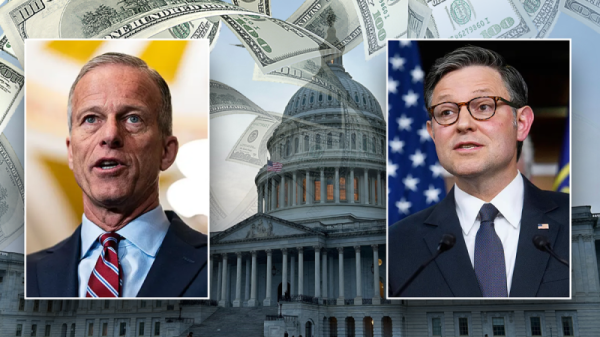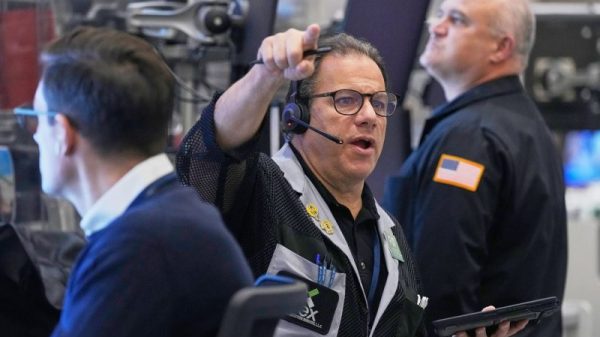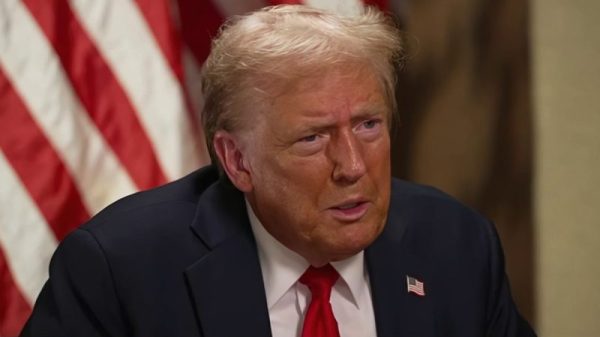The world of automobiles has lost a titan.
Osamu Suzuki, the ingenious and fiercely pragmatic leader who propelled Japan’s Suzuki Motor to global prominence, passed away on Christmas Day at the age of 94 after a battle with lymphoma.
His legacy, however, extends far beyond the confines of Japan; it’s deeply intertwined with the very fabric of India’s automotive landscape, where he dared to dream big and ultimately revolutionized the way millions travel.
The penny-pinching prodigy’s rise
Suzuki’s journey began not on the factory floor but in the world of banking.
Born Osamu Matsuda, he adopted his wife’s family name as per Japanese tradition when a male heir wasn’t available, and his foray into the family business in 1958 marked a turning point.
He ascended through the ranks with unwavering determination, eventually becoming president after two decades.
It was under his watchful eye that Suzuki Motor navigated through turbulent times, first by securing essential engine support from Toyota in the 1970s to meet strict emissions regulations, and then, with the runaway success of the Alto minivehicle in 1979.
His legendary cost-consciousness, including lowering factory ceilings to save on air conditioning, was not just eccentricity; it was a deeply embedded philosophy that drove innovation and affordability, ultimately shaping the company’s destiny.
An unlikely Indian affair
However, what truly set Suzuki apart was his bold, some might say audacious, gamble in the Indian market.
In the early 1980s, when India’s automotive sector was a mere whisper compared to today’s roar, Suzuki made the strategic decision to invest a year’s worth of company earnings into building a national car manufacturer.
His ambition was clear: “to be number one somewhere in the world,” a personal aspiration that aligned perfectly with India’s need for accessible, reliable transportation.
India at this time, was an automotive backwater, with annual car sales of only 40,000, dominated by outdated British models.
The government had recently nationalized Maruti, a project to build a ‘people’s car’ in India, but their partnership with Renault fell through.
A twist of fate and a second chance
Maruti’s search for a foreign collaborator was proving difficult, with rejections from Fiat, Subaru, and even Suzuki initially.
It was only by a stroke of fate that a Suzuki director in India noticed a newspaper article mentioning a potential deal between Maruti and rival Daihatsu.
This prompted a swift call to headquarters, and upon learning of the rebuff, Suzuki himself telexed Maruti, inviting them back to Japan for a second shot.
The turnaround was swift and decisive: a letter of intent was signed within months, laying the foundation for a partnership that would transform India’s automotive landscape.
Maruti 800: revolution on four wheels
The launch of the Maruti 800 hatchback, a vehicle directly inspired by the Alto, in 1983 was nothing short of a revolution.
The car’s instant popularity was an indication of its value to the Indian market.
The Maruti 800 was not just a car; it was a symbol of aspiration, a ticket to personal mobility for millions.
Maruti Suzuki, as it’s now known, went on to dominate the Indian market, holding roughly a 40% market share to this day.
Suzuki also instilled a culture of equality in the workplace, introducing open plan offices, a single canteen for all and a uniform for all employees, no matter the position, a bold statement in class-conscious India.
A legacy beyond cars
While not every endeavour proved successful, such as the short-lived Volkswagen alliance, Suzuki’s influence remained undeniable.
He officially passed the baton of CEO to his son Toshihiro in 2016, but remained as chairman for another five years until age 91, continuing to act as an advisor.
The company deepened its ties with Toyota, further cementing his legacy. His approach was simple: work hard, and play some golf.
As Toyota Chairman Akio Toyoda remarked, “To me, he was more than an admired business leader: he was like a father.”
Suzuki’s lasting impact on India remains his most powerful achievement – his cars have shaped the country’s identity, and his vision is still the driving force of India’s vibrant automobile culture.
The post From minivehicles to market domination: how Osamu Suzuki shaped India’s car industry appeared first on Invezz
































